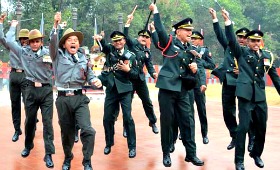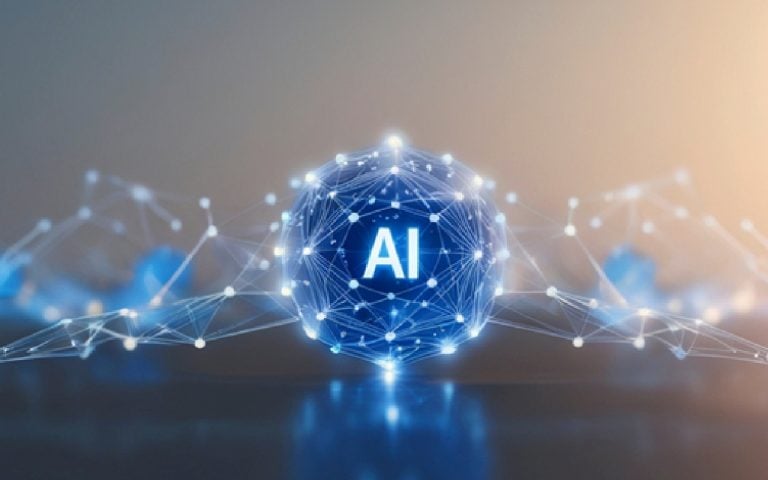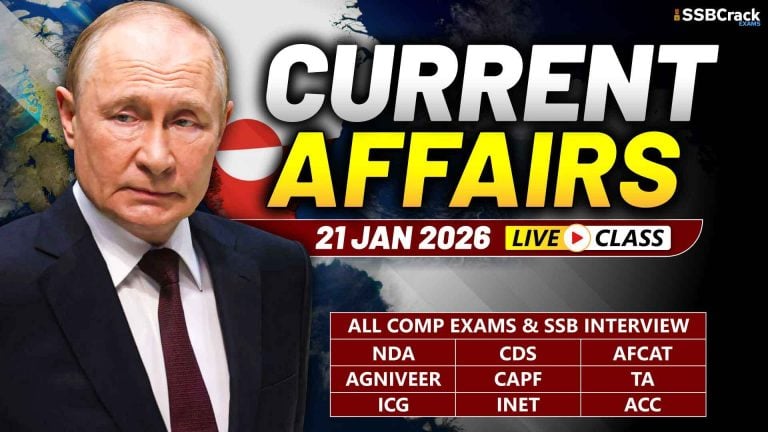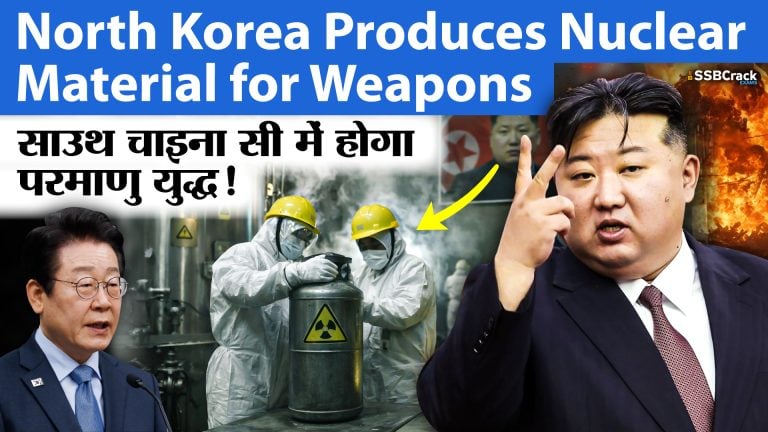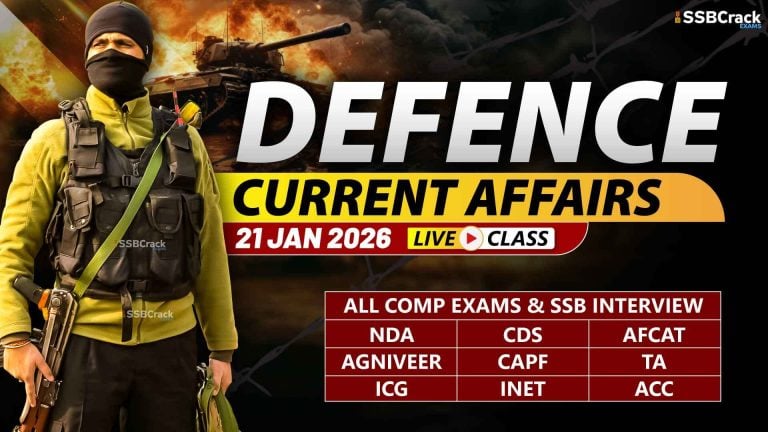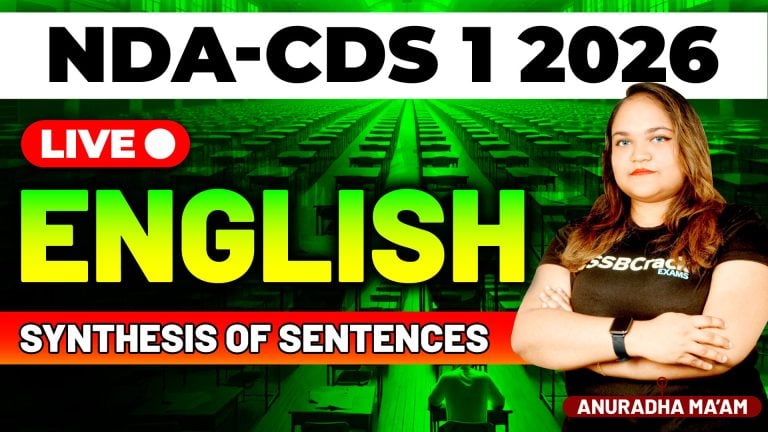CDS 1 2016 exam is going to be conducted in the month of February by UPSC. Candidates preparing for stream IMA NA AFA or only OTA both have to write the General Ability paper in CDS 1 2016 exam, In this article we will see some CDS Exam General Ability MCQs on Constitution of India that are important from the exam point of view.
CDS Exam Written Exam Coaching Click Here
CDS Exam General Ability MCQs on Constitution of India
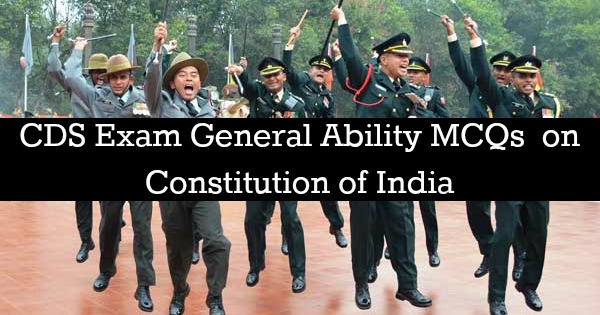
- Recognition to a political party is accorded by
(a) The Election Commision
(b) A Committee of Whips
(c) The ministry of parliament Affours
(d) The speaker of the Lok Sabha in the case of national Parties and the Speaker of Legislative assemblies in the case of regional parties - Who appoint the Chief Election Commissioner of India ?
(a) Chief Justice of India
(b) President
(c) Prime Minister
(d) Parliament - In which year were the first general election held in India ?
(a) 1950-51
(b) 1948-49
(c) 1951-52
(d) 1947-48 - The election Commision dose not conduct the elections to the
(a) Lok Sabha
(b) President’s election
(c) Rajya Sabha
(d) Local Bodies - The Election commision holds election for
(a) The Parliament, State Legislature and the posts of the president and the Vice-President
(b) The parliament, State legislative Assemblies and the State Council
(c) The Parliament
(d) The parliament and the State Legislative Assemblies - What is contained in the tenth schedule of the constitution ?
(a) Languages recognised by constitution
(b) Forms of oath or affirmation
(c) Laws that cannot be challenged in any court of law
(d) Provision regarding disqualification on grounds of defection - The only instance when the President of India exercised his power of veto related to the
(a) Indian Post Office (Amendment Bill)
(b) Dowry Prohibition Bill
(c) Hindu Code Bill
(d) PEPSU Appropriation Bill - If the President returns a Bill sent to him for his assent and the Parliament once again passes the Bill in its original form, then the President
(a) Can seek the opinion of the Supreme Court on the bill
(b) Gives assent to the bill
(c) Can once again return the bill for further reconsideration
(d) Can ask for a referendum on the bill - Who appoints the Governor of Jammu and Kashmir?
(a) Chief Minister of the State
(b) Prime Minister
(c) Chief Justice of the High Court
(d) President - Which of the following qualification is not essential for a person to become the Vice- President ?
(a) He must be an Indian.
(b) He must be qualified to be a member of the Rajya Sabha.
(c) He must not be less than 35 years.
(d) He must be a graduate. - Under what article of the Constitution of India can the President take over the administration of a state in case its constitutional machinery breaks down ?
(a) Art 352
(b) Art 343
(c) Art 356
(d) Art 83 - The President may for violation of the Constitution be removed from the office by
(a) The Prime Minister
(b) The Electoral College consisting of members of Parliament and the State Legislatures.
(c) Impeachment
(d) A no- confidence vote - If the office of the President of India falls vacant, within what time should the next President be elected ?
(a) Within 2 months
(b) Within 1 year
(c) Within 6 months
(d) Immediately - The Chairman of the Planning Commission in India is the
(a) President
(b) Prime Minister
(c) Minister of Planning
(d) Finance Minister - Who is the ex- officio Chairman of the Council of States ?
(a) Vice- President
(b) Leader of the opposition
(c) President
(d) Speaker - The five year term of the President is calculated from the
(a) First day of the month following the month he assumes charge
(b) Date of his election result
(c) Day he assumes charge
(d) First day of the month he assumes charge - Who appoints the Chairman of the UPSC ?
(a) President
(b) Speaker of Lok Sabha
(c) Chief Justice of India
(d) Prime Minister - When a financial emergency is proclaimed
(a) Union budget will not be presented
(b) Salaries and allowances of any class of employees may be reduced
(c) Repayment of government debts will stop
(d) Payment of salaries to public servants will be postponed - Article 78 of the Constitution deals with
(a) President’s power to get information from the Council of Ministers.
(b) Prime Minister’s duty regarding keeping the President informed about the government’s decisions and policies.
(c) Emergency powers of the President
(d) President’s power to send advisory messages to the Parliament. - Who acts as the President of India when neither the President nor the Vice President is available ?
(a) Seniormost Governor of a State
(b) Chief Justice of India
(c) Speaker of Lok Sabha
(d) Auditor General of India - Who among the following is directly responsible to Parliament for all matters concerning the Defence Services of India ?
(a) President
(b) Prime Minister
(c) Defence Minister
(d) Cabinet Committee on Political Affairs - What is the minimum age for appointment as a Governor ?
(a) 35 years
(b) 40 years
(c) 25 years
(d) 30 years
